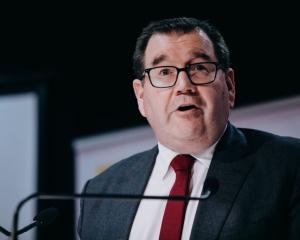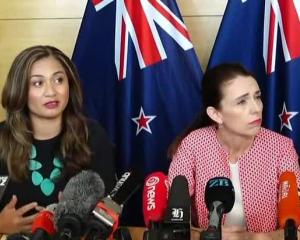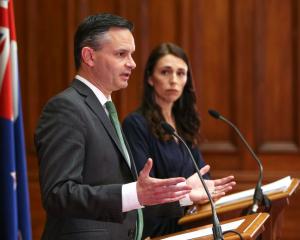
About 60 people attended the forum at the Otago Polytechnic chaired by former Dunedin city councillor Jinty MacTavish.
Despite Ms MacTavish reminding party representatives and audience members the event was not a debate, and cheers of support or shouts of disapproval were not welcome, the passion of audience members was clear in the detail of questions they asked.
How parties intended to reduce carbon emissions, and if they supported a move to zero carbon by 2050 was an area that repeatedly crossed into the representatives' answers on climate change and land and water use.
Green Party representative Niki Bould said her party would better the 2050 target by 40% below 1990 levels by 2030, while Democrats for Social Credit representative Miriam Mowat said her party did not have a specific target but polices in forestry, crop diversification and research would lower emissions.
The Opportunities Party representative Lindsay Smith said changing policy was not the ''be all and end all'' of addressing climate change, changing behaviours was fundamental.
A lack of communication between central and local government, services and the community was a problem which needed to be addressed before sea level rise in South Dunedin could be investigated, Mr Smith said.
Labour MP David Clark and Ms Mowat agreed affordable housing was crucial to helping South Dunedin, while Conservative representative Lachie Ashton said changing how South Dunedin land was used would be difficult because it was so densely populated.
New Zealand First representative Warren Voight said the party would lessen fiscal restraints on local government so it could act with more autonomy to address issues such as sea level rise.
Audience members also questioned the representatives on their party's positions on climate change refugees, deep sea mining and carbon costs.












